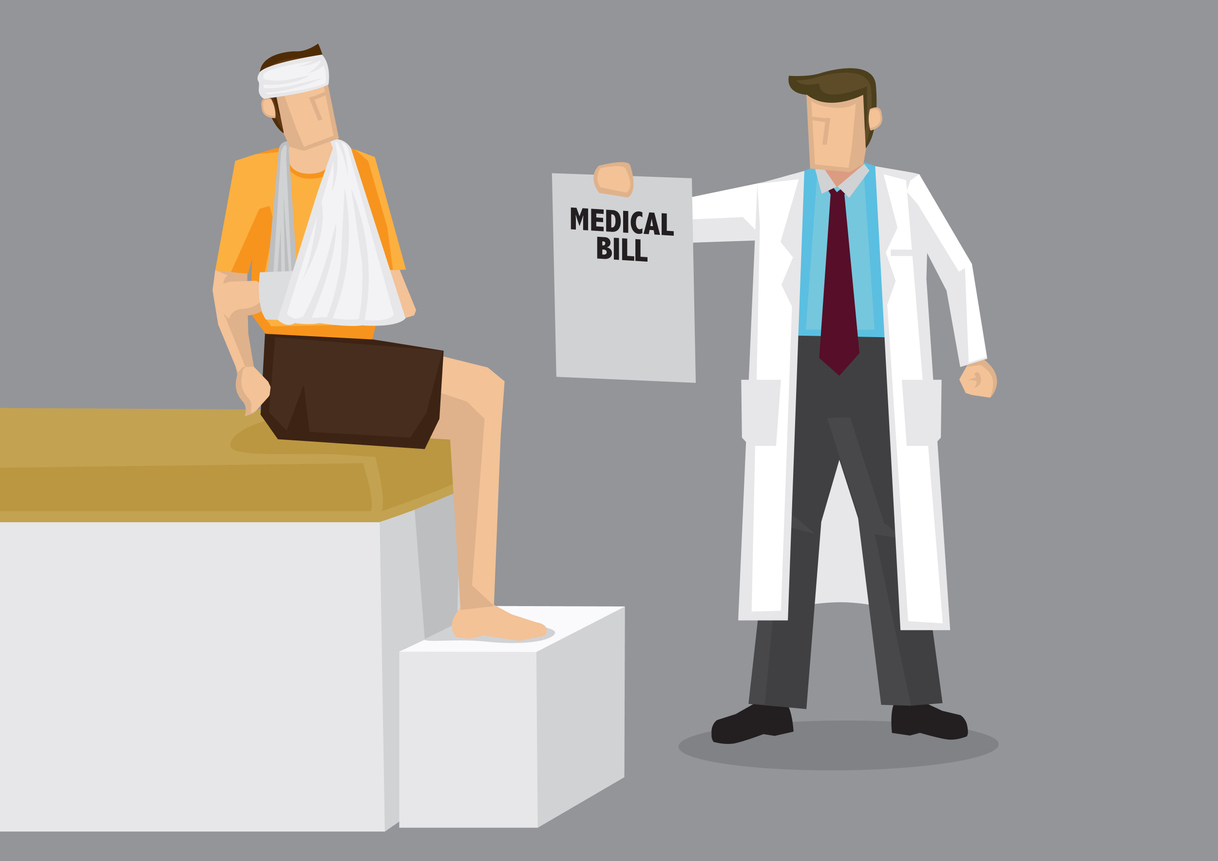Increasingly, people are turning to the internet and social media to find healthcare professionals when they need them. The visibility that sharing online has brought about makes maintaining a good reputation more difficult to attain and maintain. The medical industry has become more competitive, and reputation management is no longer optional for anyone in the industry.
A Higher Demand for Healthcare Information
Before the internet and cell phones became a primary information resource for most people, reputation management related to public relations. It was how the public perceived a business. Today, reputation management is especially important in the healthcare industry. More people search online for healthcare providers and they rely on the information they get to make decisions about where to go.
The Importance of Replying to Online Reviews
To put the idea of healthcare reputation management into perspective, take a few minutes to put yourself in a potential new patient’s shoes. Do a search of your name and practice online and see what results you get. If you were a new patient, what would your first impression be?
If you don’t monitor your reviews, you might be surprised at what you find. It isn’t just Yelp, Healthgrades, Google, Better Business Bureau and Vitals that you need to watch. You also need to stay aware of your online profiles and ratings as well as your presence across online directories. Create a professional, responsive website and sponsor authored articles. Get your name out there and give everyone who searches for your services the kind of information that gives them confidence in your abilities.
When patients post reviews, reply to them in a timely manner. Prepare a concise, professional reply for both negative and positive reviews that will make a good impression. Let patients know that you care about their opinion by addressing their concerns quickly and efficiently.
The Role of Customer Service
Poor customer service leads to negative reviews. The problem is that you probably won’t know that a patient isn’t happy unless you go online and read their review. Billing issues can lead to a negative response even if the initial experience was a positive one. Create standardized scripts, monitor calls, and perform quality reviews monthly to ensure patients have a positive billing experience.
Community health centers are fairly new to the healthcare scene. Even so, many of them have negative reviews that can lead to people failing to get available healthcare when they need it. People often compare overall ratings instead of looking at individual reviews. Once you look at what patients said, their ratings are often based on things like taking too long to return a call or not liking the layout of the office. Often, poor reviews don’t have anything to do with the actual care the patient received.
These types of issues can be resolved easily and quickly with reputation management. Designate someone in your practice to monitor your reviews and provide timely responses to help maintain a positive reputation. If you don’t have the time or the resources, hire a company to do it for you. Healthcare reputation management is too important to your healthcare center for you not to take an active role.




